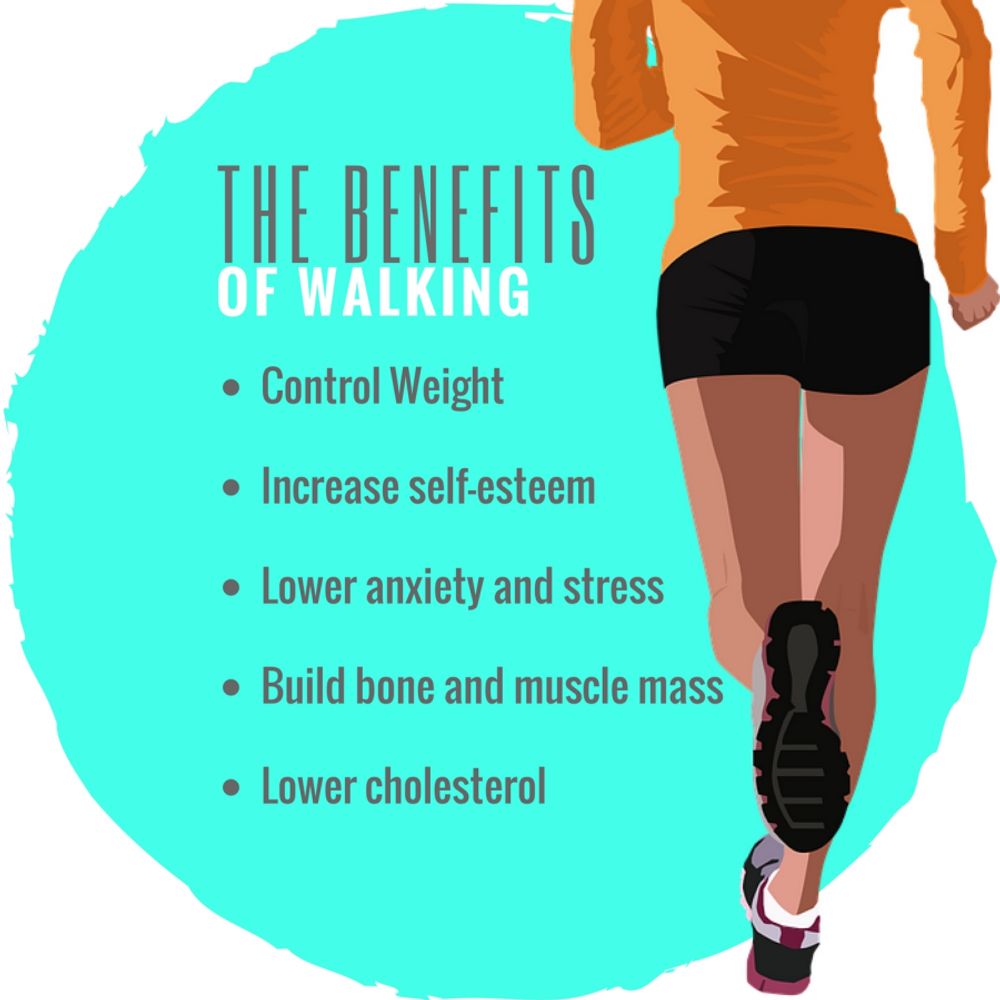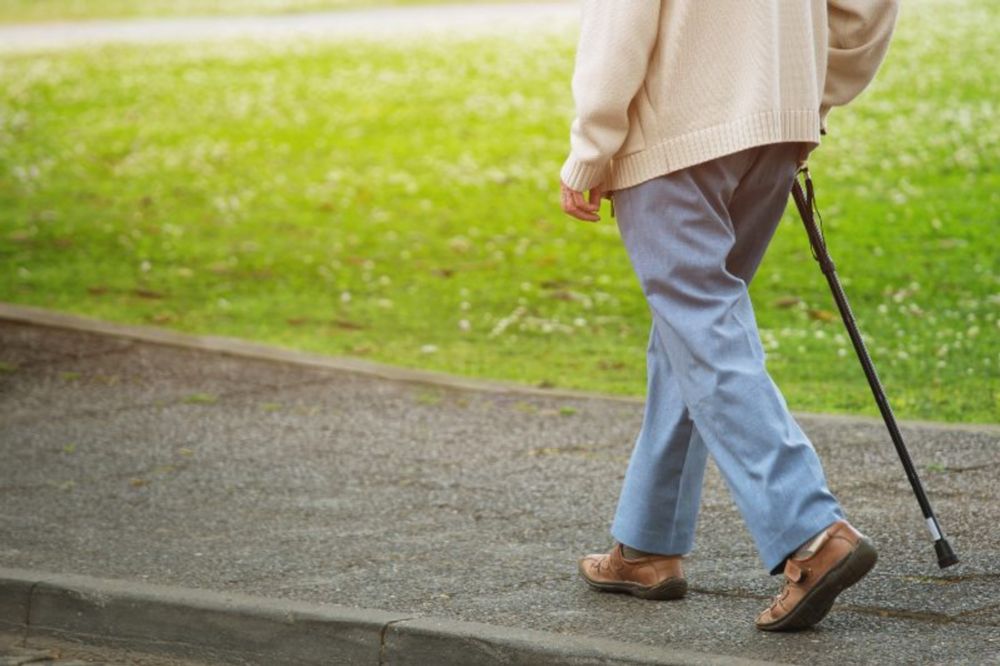


Walking is the most basic physical activity one can engage in. We do it all the time as we move from room to room, home to office, class to class, and so on. Not only does it let us get on with the day's activities, but it can also have a significant impact on physical and mental health. It is considered an aerobic activity and one whose risk of injury can be greatly mitigated. Easily accessible to those are able-bodied, walking is something you can do whether you live in the city or a rural area. Here are some of the key health benefits that should encourage more people to make it a greater part of their day.

Improved Cardiovascular Health and Sugar cravings
For those that are at high risk of Heart disease, or are already suffering from it, walking is the best way to improve their health. They can start slowly and gradually increase distance and briskness as their endurance and fitness levels improve. It is an excellent way to transition from sedentary to a more active lifestyle. Walking helps to reduce the risk of heart problems and strengthen the cardio system, lower blood pressure and shed excess weight.
Processes sugars are highly tempting but also very dangerous. They can cause sharp spikes in blood sugar, increase the risk of diabetes and heart disease, and contribute to weight gain. Nutritionists and doctors highly recommend that when one has a sugar craving, that they should resist and go for a Fifteen minute walk.

Boosting Your Immune System and gets Better Digestion
Walking helps to improve abdominal strength. When the core and abdominal muscles are pushed to work harder, this has a positive impact on the gastrointestinal(GI) system that lies beneath. Bowel movements become easier, greatly improving the bathroom experience for many.
Studies have shown that walking may help to reduce the risk of developing certain conditions like heart disease and arthritis. Mobility is better preserved and morality risk reduced. Better management of blood sugars, cholesterol and weight is also achieved through walking. This benefit is best achieved where high intensity interval walk training is taken up. It has also been found that those who have a habit of walking at least twenty minutes a day tend to have stronger immune systems that make them more resistant to catching colds and flu, and even when they do, suffer milder symptoms than more sedentary people.



